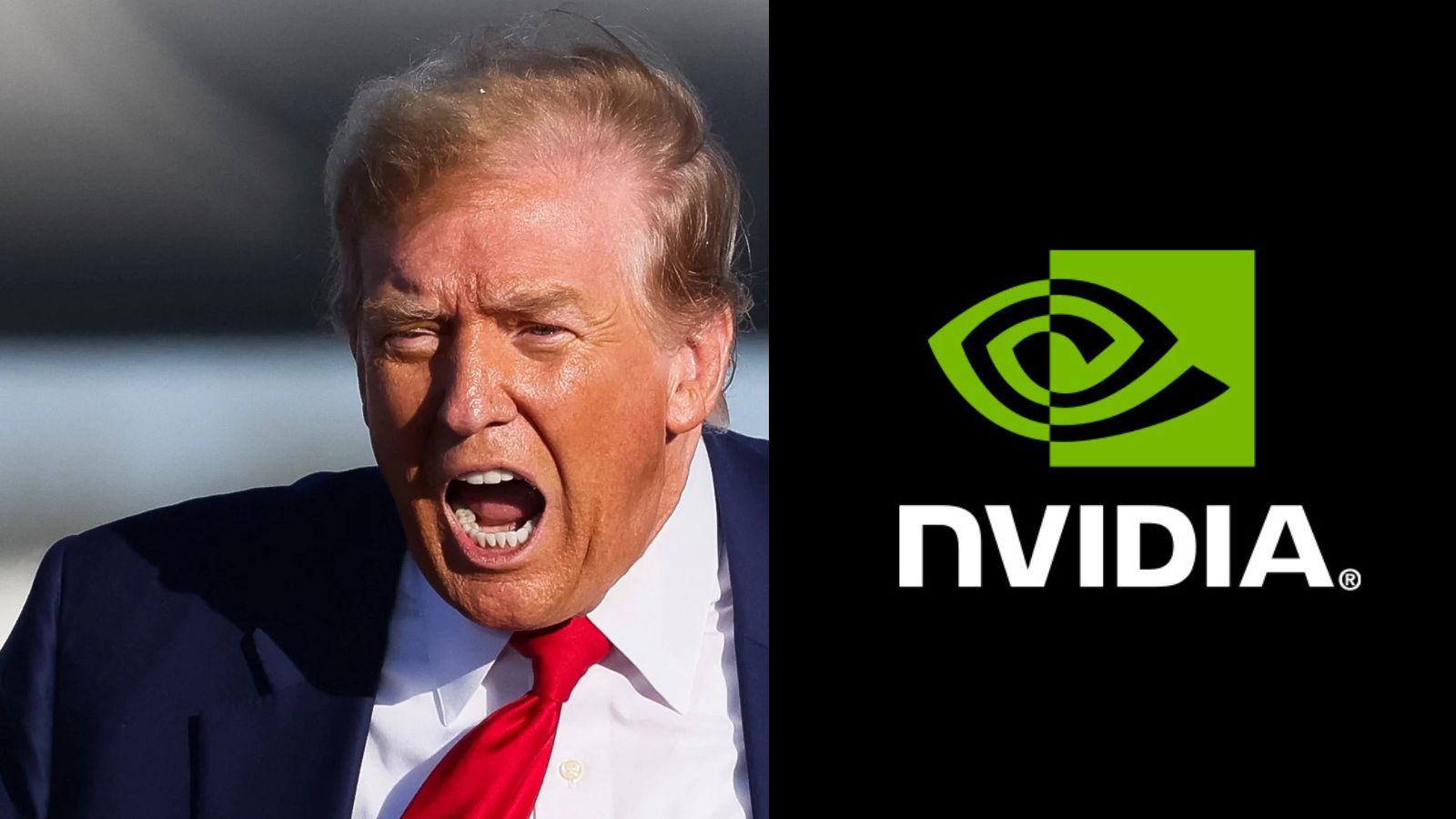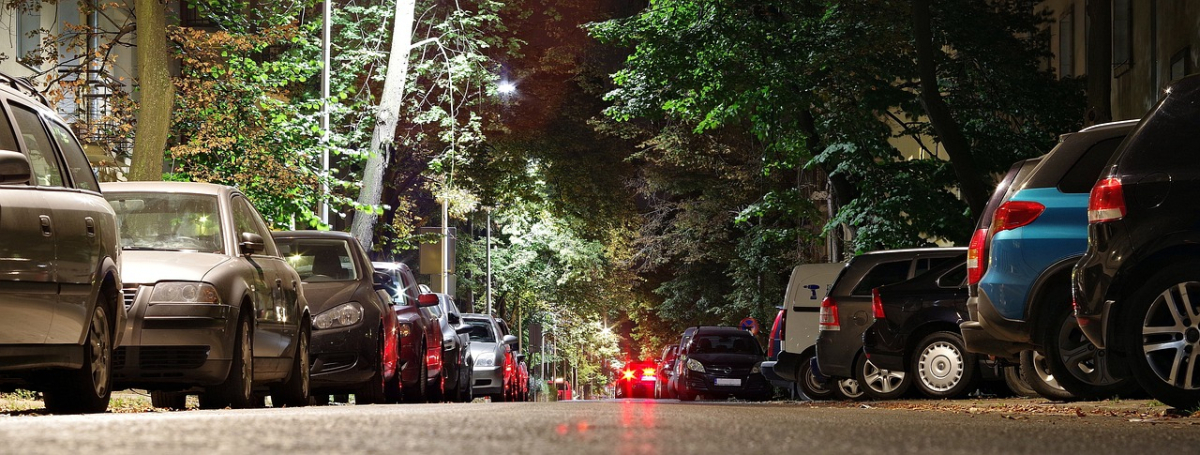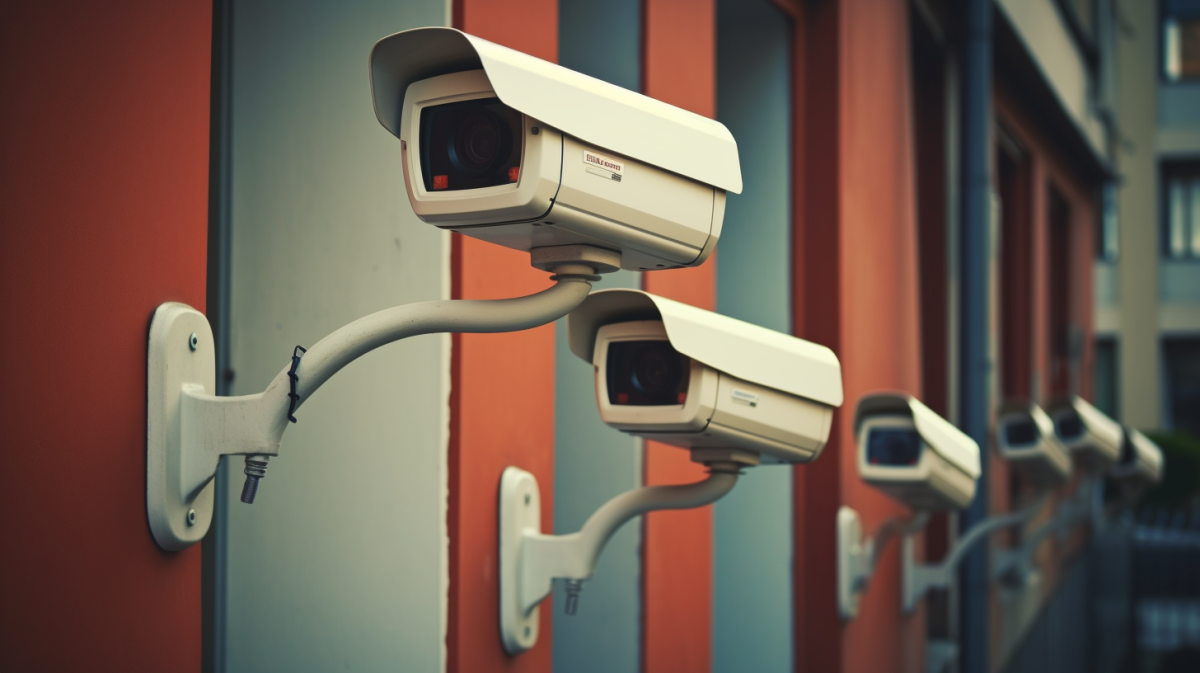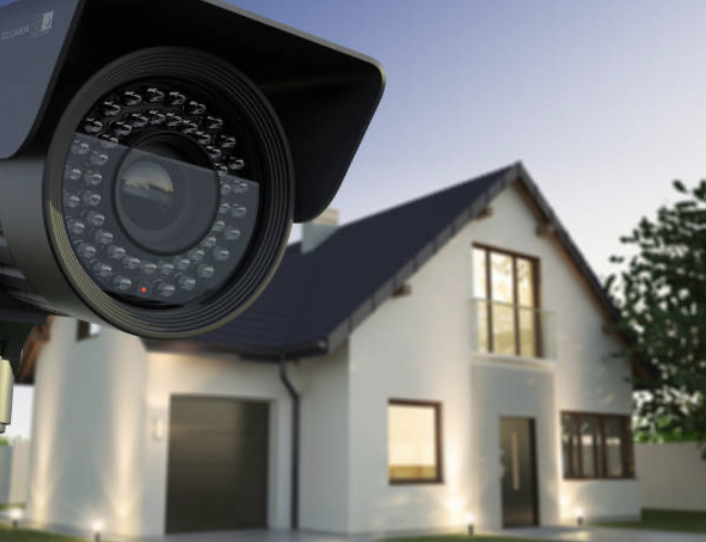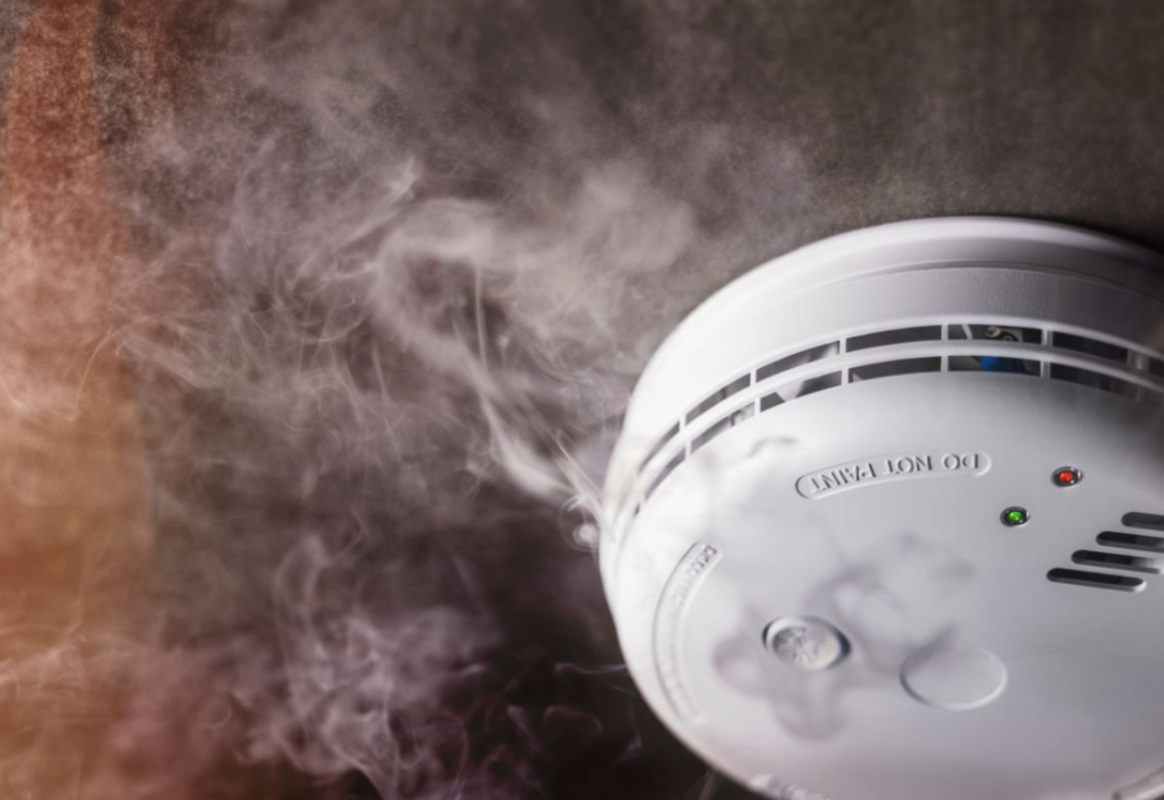President Donald Trump's deployment of around 800 National Guard troops to Washington D.C. is already expanding beyond initial plans, as The Independent reports. The Pentagon is actively seeking additional National Guard units from other states to supplement the announced deployment. This unprecedented military intervention in the nation's capital represents a significant escalation in federal law enforcement tactics.
Trump announced his decision to federalise D.C.'s Metropolitan Police Department at a White House press conference on Monday, flanked by Defense Secretary Pete Hegseth. The Guardian confirmed that Attorney General Pam Bondi will assume control of Washington's police force under section 740 of the District of Columbia Home Rule Act. The federal takeover is limited to 30 days unless Congress approves an extension, as The Guardian reports.
Hegseth said that reinforcements could be called up if the Guard encounters resistance from protesters, adding that "specialised units" might be included in their number. However, a senior Army official has since told The New York Times that the current deployment of D.C. Guard is likely to be sufficient for the task in hand.
Military deployment concerns
The Department of Defense has moved to ensure the Guard's duties in Washington are kept to a safe minimum, with one official telling The New York Times that "soldiers with M-16s who have been trained to kill adversaries" will not be placed in policing roles. This limitation reflects growing concerns within military leadership about the domestic deployment of combat-trained forces.
Dr Carrie A Lee, former chair of the department of national security and strategy at the Army War College, criticised the deployment pattern to The New York Times. "This is part of a pattern where the administration is using and appropriating military resources for nonmilitary domestic goals," she said. "Whether it's immigration or going against drug cartels or crime in Washington, it's very clear, to me at least, that this administration sees the military as a one-size-fits-all solution to accomplishing its domestic political priorities."
Trump has previously dispatched the Guard to the U.S. southern border with Mexico and to Los Angeles in June to help quell anti-ICE demonstrations. Guardsmen have since described that experience as bad for morale, obliterating much of the good will they had earned from helping to extinguish California's wildfires in January. They expressed fears it could harm future enlistment drives, while the step also had a negative impact on the president's own approval ratings.
Political opposition mounts
At Monday's press conference, Trump pledged to "rescue" the city from "crime, bloodshed, bedlam and squalor and worse," despite the city's much-improved crime statistics. The president insisted: "Our capital city has been overtaken by violent gangs and bloodthirsty criminals, roving mobs of wild youth, drugged-out maniacs and homeless people, and we're not going to let it happen anymore." The deployment faces criticism despite official statistics showing D.C. violent crime is at a 30-year low, as The Guardian reports.
Trump's opponents have been quick to accuse him of seeking a distraction from the ongoing pressure he faces to release the government's files on the late billionaire paedophile Jeffrey Epstein. Even conservative media figures have questioned the crime emergency claims, with Fox News pundit Ted Williams contradicting the president's assertions on-air, according to The Independent. This unusual criticism from typically supportive media outlets suggests growing scepticism about the justification for military intervention.
Sources used: "PA Media", "The Independent", "The Guardian", "The New York Times" Note: This article has been edited with the help of Artificial Intelligence.


